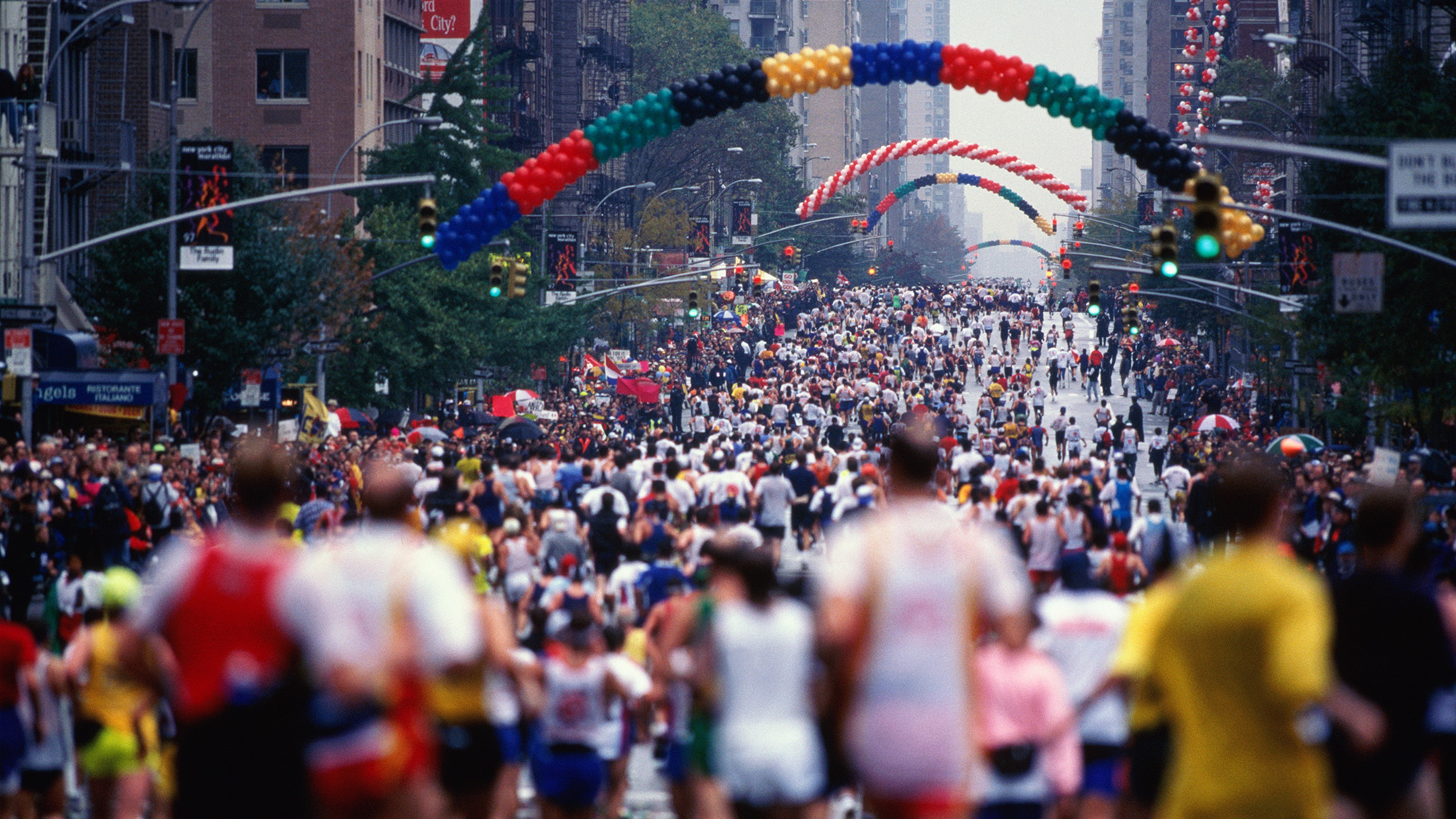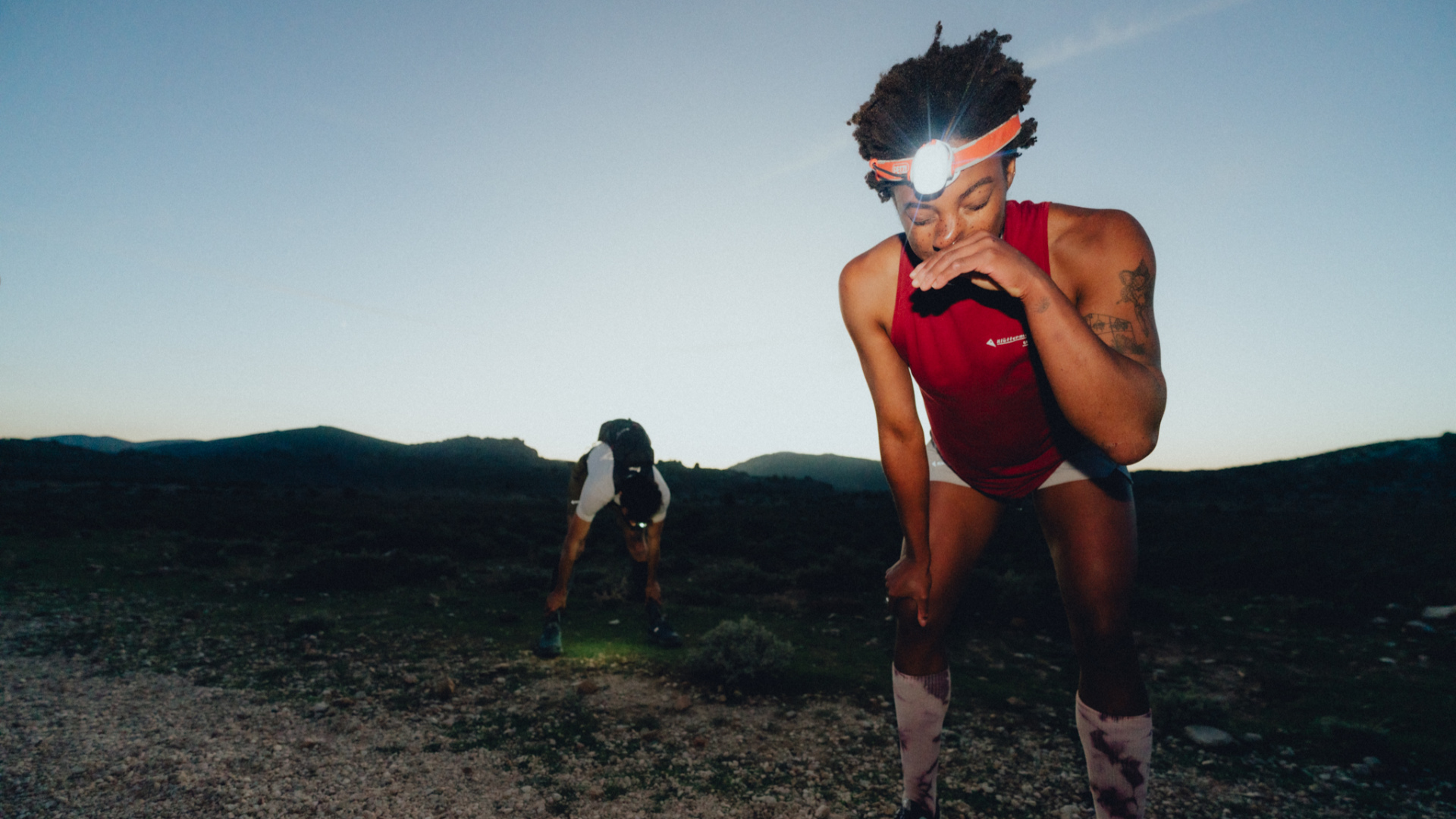The reason why I love marathons is why most people hate them
Pain, passion, and perseverance: the marathoner's tale


Get all the latest news, reviews, deals and buying guides on gorgeous tech, home and active products from the T3 experts
You are now subscribed
Your newsletter sign-up was successful
Marathons are challenging, no matter how prepared you are. Everyone's afraid of the distance, as it depletes most of your body's resources to be able to run for so long. You'll see many runners struggling to muster up the willpower to keep going for the last 10k part of the race. You really have to give it your all to finish, which is exactly why I love running marathons.
Don't get me wrong; I'm not a masochist. I don't enjoy being in pain, and I'm almost always in pain when I run a marathon. It's inevitable for this to happen – the distance is just too long for an average runner such as myself to complete without any physical issues. My knees will start throbbing, and my hips will ache by the end of the race.
It's also challenging, mentally. Once your body starts running out of energy, your brain won't stop thinking about stopping. It's the same as when you're hungry: your nervous system is under stress, so it sends signals to make you stop. You aren't trying to get away from predators; there is no reason for you to keep running, is there?
Regardless of your pace, you'll see people zooming past you throughout the race. The worst is when someone who looks way less fit than you takes over you after you took them over 7 miles ago. People will keep cheering you on, but your body is broken, and all you really want to do is stop and curl up into a little ball on the side of the street.

"Heading out for runs in the cold and dark will never be a pleasant experience."
Why would anyone like this? To understand it, you'll have to understand running training in general. To prepare for a marathon, you must prepare for at least 3-4 months to ensure you're physically ready for the big day.
Marathon season starts in spring, so if you've booked an early race, you'll have to train during the winter. No matter how good your running shoes are or whether you have the best head torch strapped to your forehead, heading out for runs in the cold and dark will never be a pleasant experience.
Then, there is the structured nature of running training. You don't just do jogs; you'll have to do intervals, long runs, fartlek, and everything else to help your body adapt. You'll be staring at your running watch continuously, ensuring you don't run too fast and get injured.
Get all the latest news, reviews, deals and buying guides on gorgeous tech, home and active products from the T3 experts
You do this very controlled training for months. You also trial fuelling and hydration strategies, as well as gear testing, so that when the big day rolls around, you're as ready as you can be. It's now time to survive the marathon!

"It can be quite freeing to run like there is no tomorrow."
Then the day comes. You feel good and excited and adrenalin is pumping through your veins. You're raring to go, along with the tens of thousands of people who signed up for the same race. After months of gruelling training, you can finally put your training into practice and just let it all go.
That's why I love marathons. You don't have to worry about another training day after the race; no need to stress about fuelling and hydration anymore. You practised and practised over and over again, and now it's time to go as hard as you can and not think about the consequences.
It can be quite freeing to run like there is no tomorrow. Sure, your body will need time to recover, and you'll probably do the whole thing all over again, but on race day, you can let yourself go. You can run as fast as you can, especially if you're confident enough to trust your training.
Think about this when you run your next (first) marathon. You've earned to be there, you put in the hard work, and now it's time to just go with the flow—no worries and nothing to hold you back. That's the only way to run marathons!

Matt Kollat is a journalist and content creator for T3.com and T3 Magazine, where he works as Active Editor. His areas of expertise include wearables, drones, action cameras, fitness equipment, nutrition and outdoor gear. He joined T3 in 2019.
His work has also appeared on TechRadar and Fit&Well, and he has collaborated with creators such as Garage Gym Reviews. Matt has served as a judge for multiple industry awards, including the ESSNAwards. When he isn’t running, cycling or testing new kit, he’s usually roaming the countryside with a camera or experimenting with new audio and video gear.